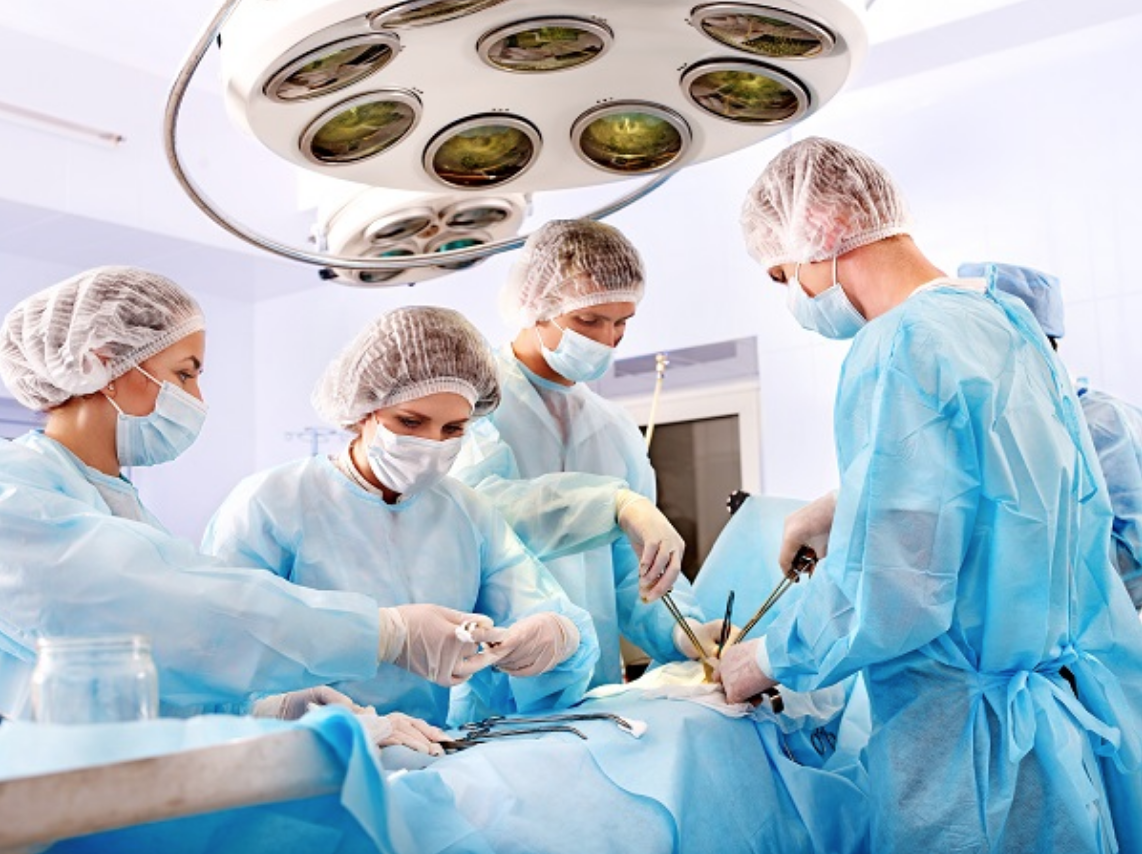Patients who have undergone open heart surgery may be at risk of a potentially fatal bacterial infection which appears to be associated with a specific type of device known as a heater-cooler device.
Complicating the risk is that symptoms of infection may only begin weeks or even months after surgery has been completed, diagnosis is not certain and treatment involves using several different antibacterial drugs as a cocktail to contain the bacteria.
The federal Food and Drug Administration (FDA) has issued a series of warnings and communiqués to medical professionals about the risk attached to the use of certain heater-cooler devices, which are assembled in and distributed from Germany. More than 60% of open-heart surgical procedures are reported to use the potentially defective device.
In Tennessee, the Vanderbilt University Medical Center has already been in contact with more than 400 people who may have been exposed to infection during open-heart surgery at the hospital due to use of the machine.
What is the Stöckert 3T heater-cooler device?
The device, also known as the Sorin 3T, is a machine that circulates water around the heart and associated blood vessels and equipment used in the surgery such as bypass machines and oxygenators. During surgery, the heart is normally stopped temporarily and blood flow diverted. The device helps to maintain the temperature balance while surgery is taking place.
The machines are manufactured in Germany by a company called LivaNovaPLC, previously the Sorin Group, Deutschland. It is thought that the original infection by bacteria occurred in the manufacturing center in Germany and that the bacteria were transported within the machines to medical centers overseas, including the U.S.
The bacteria involved are not normally dangerous and can occur in the air and soil naturally. However, in the circumstances in which open-heart surgery occurs, the type of bacteria involved, Myobacterium chimaera, can cause a range of potentially fatal symptoms if the person does not have a strongly developed immunity response, which may very well be the case after suffering heart disease.
It is thought that the bacteria live within the water tanks which are used in the temperature balance mechanism and spread from there into a supposedly sterile operating theater, the surgical instruments and then to the person’s body.
Symptoms may appear many days or weeks after surgery
One of the complications with Myobacterium infection is that symptoms may not appear soon after surgery, which means that it may not be associated straight away with the use of the Stöckert 3T heater-cooler device. Typical symptoms are fever, night sweating, abdominal, joint and muscle pain, redness, nausea, vomiting, tiredness and weight loss, as well as sores that are weeping from the site of surgery. Infection can spread beyond the chest cavity if it is not diagnosed and treated swiftly.
Treatment is uncertain because the drugs needed may be themselves toxic to the body. Implants that were introduced during surgery may need to be replaced as they may harbor bacteria.
Steps you can take after open-heart surgery in Tennessee
If you have had open-heart surgery at any hospital in Tennessee, or in any other state for that matter, you should contact the hospital and ask them directly if the Stöckert 3T heater-cooler device was used during surgery. If this is confirmed, then you should request the hospital to test your blood for the presence of Myobacterium chimaera.
It would also be wise to contact an experienced medical malpractice attorney such as Keith Williams at the Keith Williams Law Group in Nashville, Tennessee. You are entitled to claim compensation for any negligence that can be established if you discover that you have developed a serious bacterial infection after open-heart surgery. The Keith Williams Law Group can be contacted on (615) 444-2900.


Leave A Comment